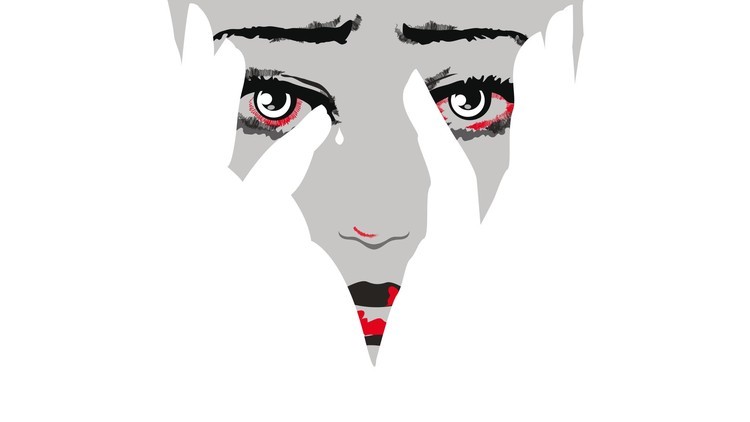Working with Trauma, Dissociation, and Psychosis
CBT and Other Approaches to Understanding and Recovery
4.41 (636 reviews)

3,273
students
6 hours
content
Nov 2019
last update
$84.99
regular price
What you will learn
• Identify possible interrelationships between trauma, dissociation, and psychosis, including ways that psychosis itself can be traumatizing
• Describe a variety of possible causal routes from trauma to psychotic experiences, and understand the possible role of dissociation within that process
• Utilize proven cognitive strategies to address command and persecutory voices, and other common & distressing experiences found in trauma-associated psychosis
• Plan to integrate CBT for psychosis with various trauma therapies to effectively treat clients who have experienced both trauma and psychosis
• Demonstrate a collaborate approach to helping clients develop coherent and compassionate stories of trauma and recovery
Screenshots




Related Topics
777172
udemy ID
2/28/2016
course created date
9/25/2019
course indexed date
Bot
course submited by